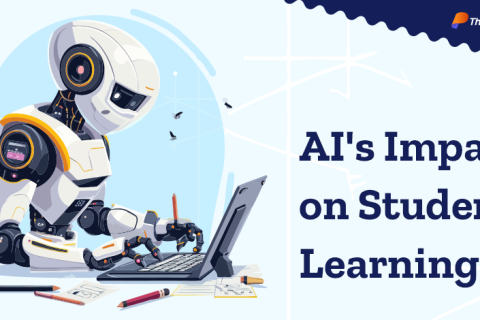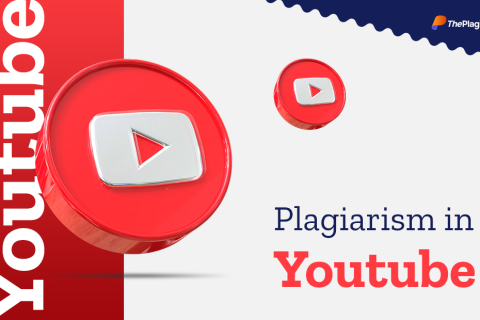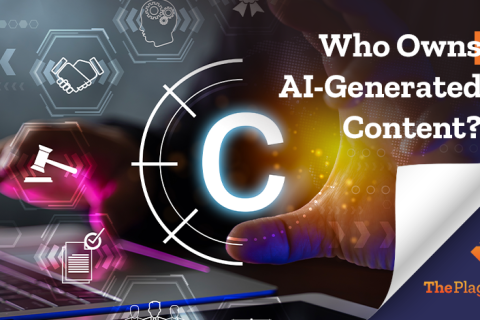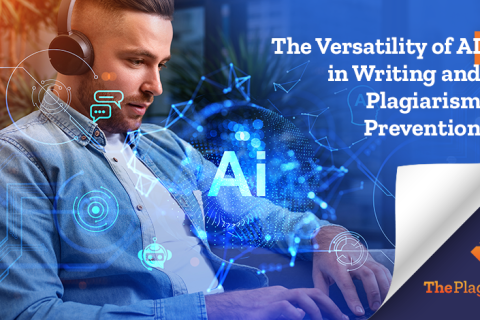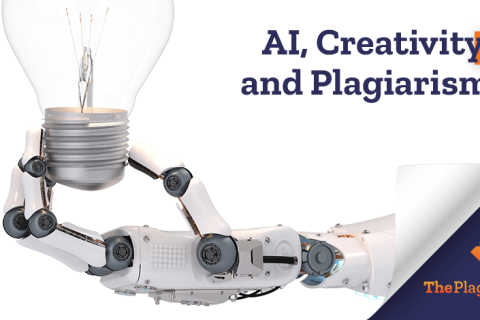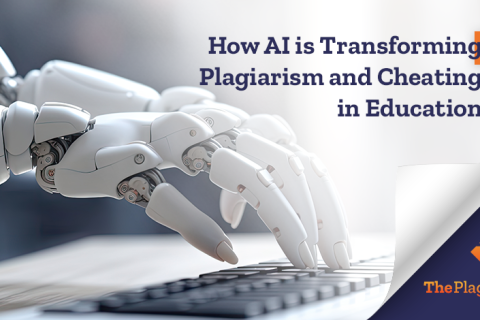AI-Generated Ideas for Your Research
23 Jun 2023
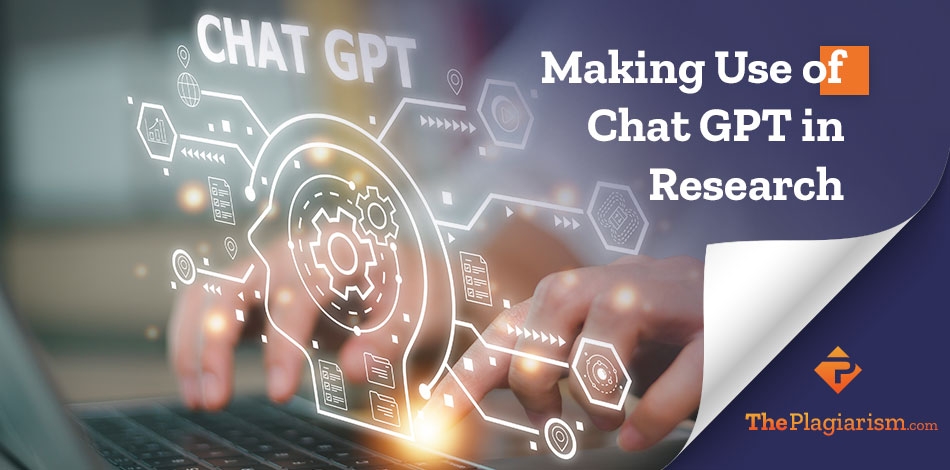
While ChatGPT is turning the entire world upside down, it cannot but bring changes to the work of researchers. Everybody must have heard about numerous issues with AI and concerns about ethics and transparency of using non-human tools for writing and creative work. Still, can ChatGPT serve as a valuable asset for researchers, not the means of destruction and deception? What are the benefits every researcher can make from using it? At the same time, what are the key risks of introducing artificial intelligence into science? Let’s discuss whether the game is worth the candle.
AI-Powered Plagiarism or New Level of Research?
You could never believe that writing tasks and different stages of research can be done at such an amazing speed as it is possible with the use of AI tools.
What are the features of ChatGPT that can make revolutionary changes in the procedure of conventional research?
- Researchers save time. Actually, they save huge amounts of time!
- The tool is easily accessible, intuitive, and free for use.
- Using human-like language structures and patterns, ChatGPT gives bunches of ideas to get inspired with.
So, what can a researcher ask ChatGPT to do?
- provide a list of ideas on a certain subject in case of a writer’s block;
- compose a quick polite reply to a formal email;
- make an excessively complicated paragraph sound more understandable;
- get several suggestions of the section openers;
- brainstorm ideas for posts and articles;
- get an impressive title for the project;
- choose the type of analysis for certain data;
- provide you with new solutions you have never used before;
- show you a new direction for thinking;
- shorten the text or make it longer;
- keep your writing in the boundaries of allowed character limit;
- make translation into a required language;
- proofread and fix mistakes.
This list can be a lot longer as the tool is developing and your imagination and current needs can determine what you will ask from your new assistant. You are aware that a good AI plagiarism checker in most cases will report on the use of non-human tools. Nevertheless, if you use ChatGPT or similar tools as a helper with time-consuming tasks, not the means of cheating and stealing text from a machine, you are good.
Tips of Effective Use of ChatGPT in Research
- Ask the right questions and give precise instructions
Only if you provide the chat bot with the correct information, you receive the answers of high value. Without any context, it will not be able to generate the content you expect. Lay out the entire situation and add all the details you can. Only if you are precise and accurate in what you want to get, ChatGPT can tailor the responses you need and react adequately to your requests. Your chances to get a relevant answer get maximized if you let the chat bot gain understanding of the context and then add follow-up questions to make the output flawless.
- Make your prompts descriptive
With a focused description, you will never get an ambiguous answer from AI tool. If you need a summary of an article, specify the length of the text and the level of writing you need. A PhD level summary is not what a text for 10-year olds is. Let the ChatGPT know exactly the level of formality and the communication style you prefer in writing not to be disappointed with the obtained text.
- Use simple and straightforward language
In most cases, responses from AI tools are the most useful if the prompts are formulated clearly, without slang, jargon, technicalities, or mistakes in vocabulary or grammar.
Pitfalls of Using ChatGPT
Every researcher can boost the writing process with the use of AI tools, but what are the main risks associated with this help? Is chat gpt plagiarism? Does the use of non-human content mean that the researcher neglects the provisions of academic integrity? Will ThePlagiarism.com or similar services trace that the likelihood that research is fake is high if you simply use ChatGPT for assistance with technical aspects of your writing?
Issue 1. Insufficient reliability of references
Although ChatGPT is excellent at providing creative solutions and resolving problems with the text, it is wrong to address it for citations and referencing. Even if in-text citations look genuine and authentic, they may be simply compiled from different sources. As a result, you will get a list of fake references with false quotes which is inappropriate for research.
Issue 2. Inaccuracies
It is important to keep in mind that some of the facts ChatGPT uses in research may be misinterpreted. In some cases, information can be incorrect although it may sound convincing and reliable. Besides, beware of the fact that the tool is trained to use the data not later than 2021. It means that it knows absolutely nothing about what is going on now. If you are concerned only about the question ‘Is using ai plagiarism?’ you should also remember that your research outputs cannot rely on the analysis done by a machine only.
Issue 3. Ethics and ownership
We remind you again and again to check the content ChatGPT provides as it may be racist or offensive for certain population groups. More than that, AI-generated text should not be traced in any research article! It is illegal to use the content you do not own. Every researcher wants to work as a credited author; so, they are in charge of the facts and their interpretation, not any of AI tools.
These are the things to remember: ChatGPT has no human mind! Neither can it read your thoughts and interpret them adequately. Still, taking into account all the restrictions, risks, and concerns of using it, it is impossible to deny the fact that there are numerous opportunities it offers! As a researcher, you can get the best of this new remarkable invention if you follow the rules and remember that ChatGPT is a tool in your hands of a researcher. In that case, treating it as a trained model, you can enhance your writing and avoid all the pitfalls successfully.

